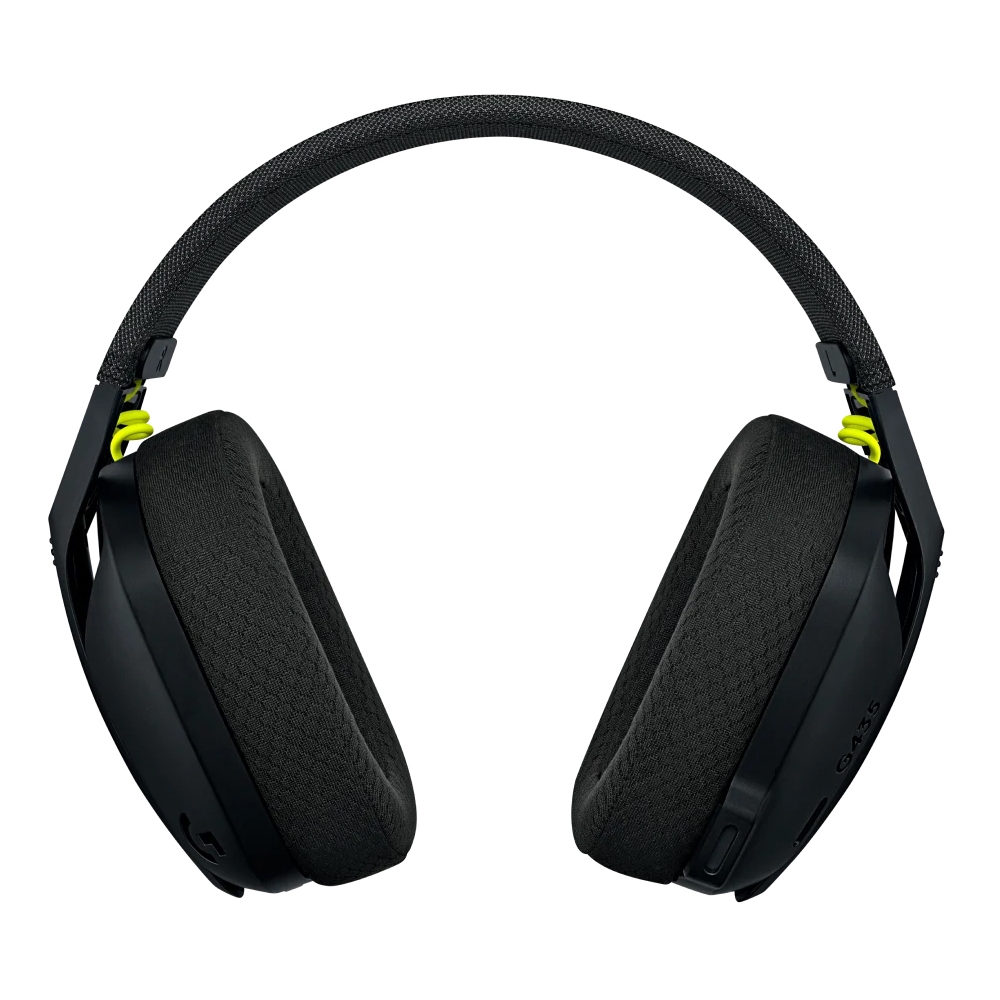Wireless vs. Wired: Which Headset Is Right for You?
Choosing the right headset can significantly impact how you enjoy music, podcasts, gaming, or engage in virtual meetings. With various options available, many people find themselves torn between wireless and wired headsets. Each type has distinct advantages and disadvantages, and your choice often depends on your personal needs and preferences. This article will explore the pros and cons of both wireless and wired headsets to help you determine which option best suits your lifestyle and audio experience.
Understanding Wireless Headsets
The Freedom of No Wires
Wireless headsets have gained immense popularity over the years, primarily due to their convenience. The absence of wires allows for greater freedom of movement, making them suitable for on-the-go lifestyles. Whether you’re jogging, commuting, or working at your desk, wireless headsets provide comfort without the hassle of tangled cords. This added mobility makes them a popular choice for fitness enthusiasts and travelers, allowing you to move freely without worrying about snagging or pulling on a cable. Imagine going for a walk, enjoying your favorite playlist, and not having to manage the limitations of a wired connection.
Advanced Technology and Features
Many wireless headsets come equipped with advanced features like Bluetooth connectivity, noise cancellation, and touch controls. These enhancements can greatly improve your listening experience. With Bluetooth technology, you can easily connect your headset to multiple devices without the hassle of cables. Noise cancellation features allow you to drown out environmental sounds, making them ideal for busy offices or airplane travel. Some models even offer smart assistant integration, letting you manage your tasks without reaching for your phone. This technology makes staying connected to your devices seamless; you can receive notifications, answer calls, or skip tracks without taking your phone out of your pocket.
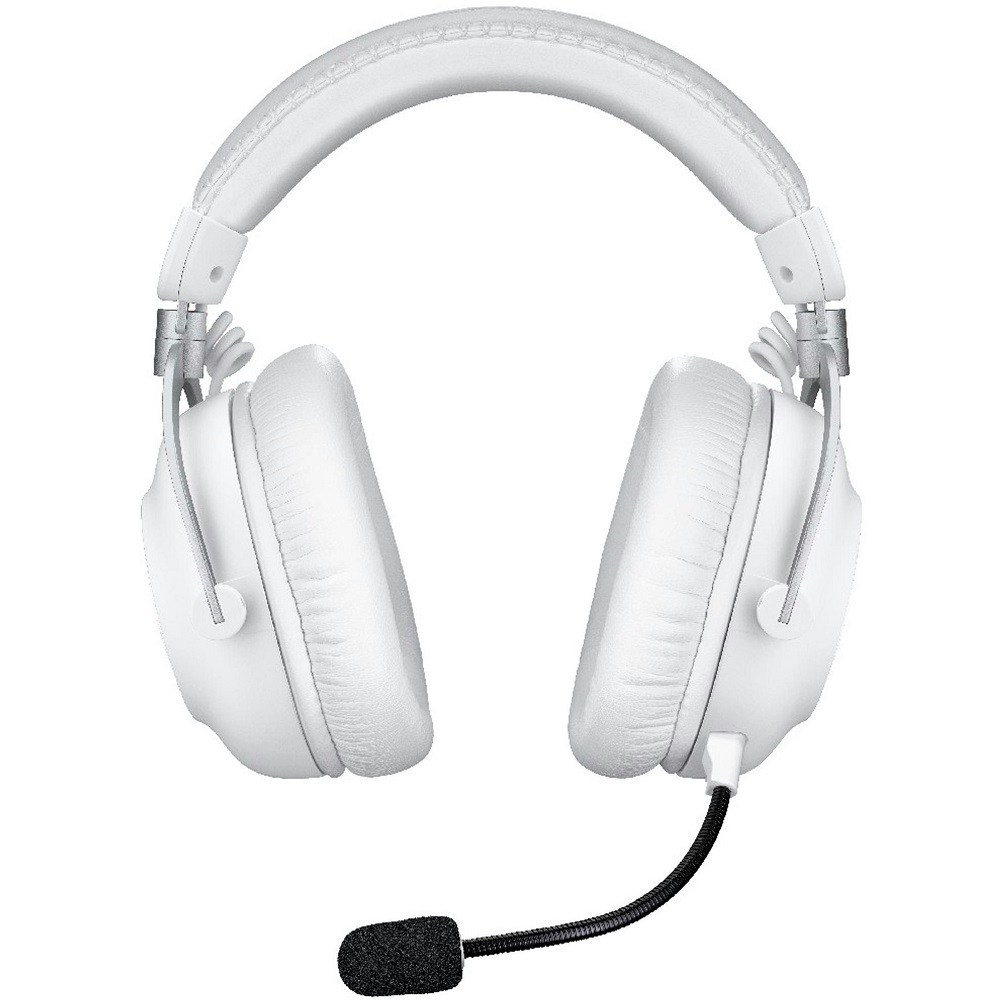
The Downsides of Wireless Headsets
Battery Life Considerations
Despite their many advantages, wireless headsets come with certain downsides, with battery life being a significant concern. Most wireless headsets require regular charging, which can be an inconvenience, especially during long trips or workdays. Depending on the model, battery life can vary significantly. Some high-quality options may last over 20 hours on a single charge, while others might need charging every few hours. This means planning your usage to accommodate charging times, especially if you have hectic schedules. Always check the specifications and user reviews for insights on battery life before making a purchase; you want to ensure that your headset meets your demands without frequent interruptions.
Potential Connectivity Issues
Moreover, wireless headsets are susceptible to connectivity issues. Bluetooth connections, while generally reliable, can sometimes be interrupted by obstacles, other devices, or interference. If you frequently move between rooms or if there are multiple electronic devices nearby, you might experience audio dropouts. This can be frustrating during important calls or intense gaming sessions when every second counts. If connectivity issues are persistent, it can lead to a poor user experience, and you may feel the need to constantly troubleshoot. Make sure to place your device close and to limit interference from other electronics to avoid these disruptions for a smoother listening experience.
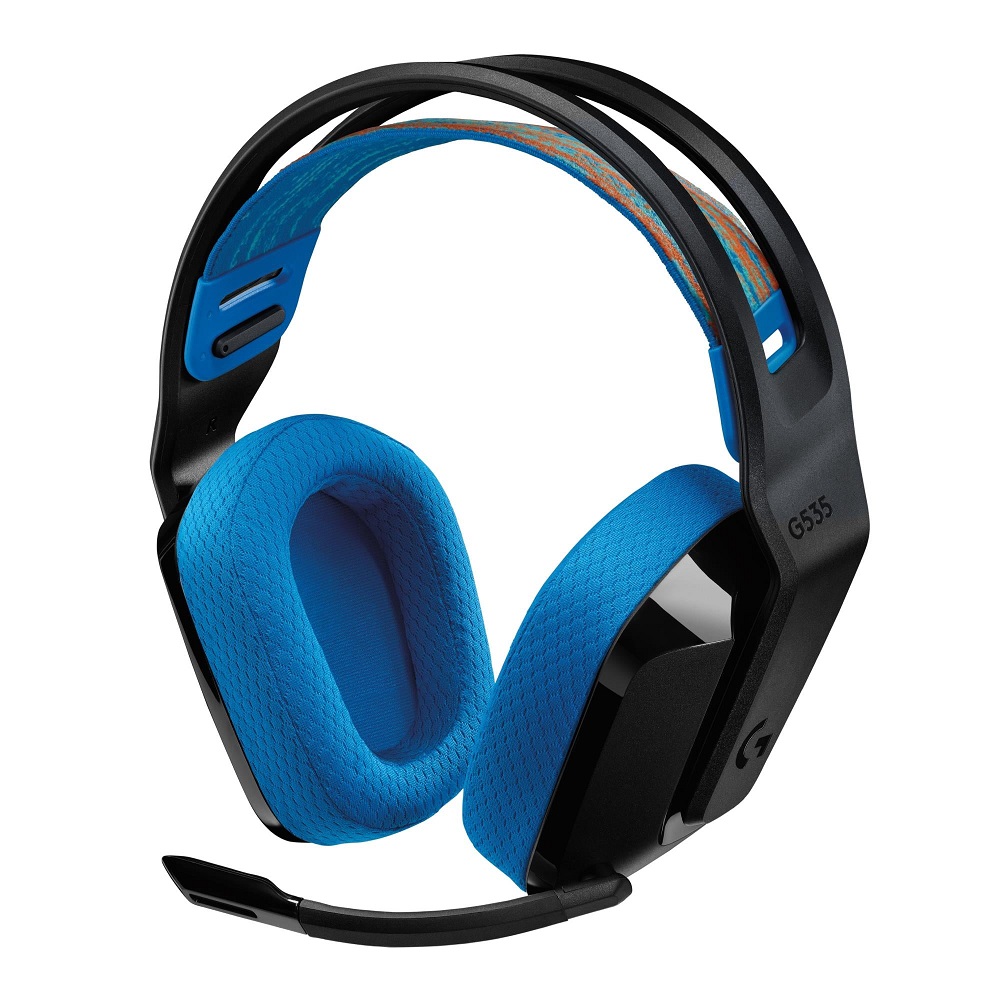
Exploring Wired Headsets
The Reliability Factor
Wired headsets are often lauded for their reliability and consistent sound quality. Featuring a direct connection to your device, they provide a stable audio experience without the risk of interruptions or dropouts. This makes wired headsets particularly suitable for professionals who require clear audio for calls or for gamers who need seamless communication with teammates. With wired connections, you can enjoy the peace of mind that comes with knowing your headset will work flawlessly every time you plug it in. Many audio purists also argue that wired headsets typically offer better sound fidelity because they directly transmit audio signals without compression or loss that sometimes comes with wireless technology.
No Battery Hassles
Another significant advantage of wired headsets is that they don’t require charging. You can plug them into your device and use them as long as you want. This reliability ensures uninterrupted listening, especially during long sessions of gaming or music enjoyment. You don’t need to worry about finding a charging cable or outlet, making them especially convenient for home use and extended listening periods. Additionally, many wired headsets utilize standard audio jacks, making them universally compatible with a range of devices. The straightforward setup also means you can quickly connect to different devices as needed, whether you’re switching between your laptop and phone.
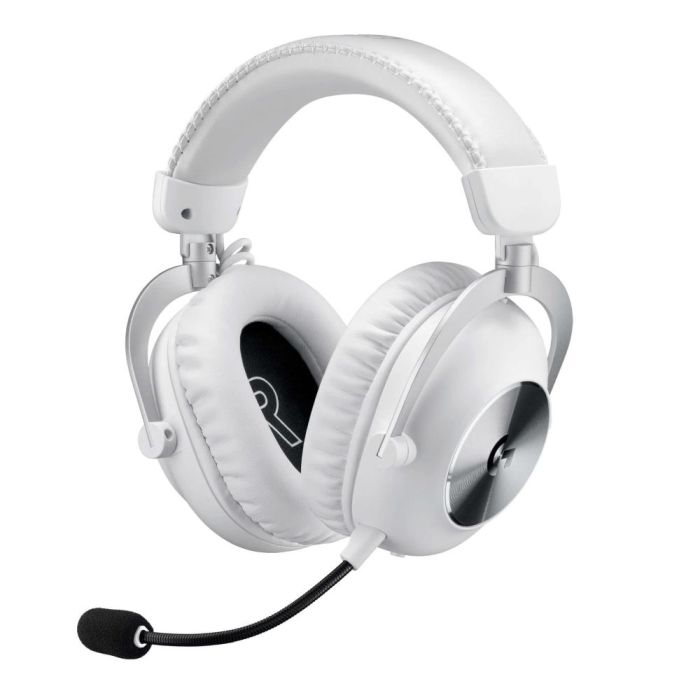
The Drawbacks of Wired Headsets
Limited Movement
While wired headsets have several benefits, they also come with limitations. One of the most notable downsides is restricted movement. The cable can limit how far you can move from your device, making them less suitable for active users or those who prefer a more free-range experience. This can be particularly cumbersome if you’re trying to multitask, like using your device while cooking or doing chores around the house. The risk of snagging the cable can also result in accidents, such as pulling your device off the table or, worse yet, damaging the cable itself. Such incidents can lead to annoying interruptions during your listening experience.
Wear and Tear on Cables
Another disadvantage lies in wear and tear on the cables over time. While the sound quality might remain high, the cable can become frayed or damaged due to everyday use. With improper care, cables can easily be kinked or twisted, leading to audio problems. Many users have experienced issues with static or loss of sound when the cable begins to show signs of wear. Taking a proactive approach to cable management, such as using clips or ties to keep cables organized, can greatly extend their lifespan. Additionally, some headsets come with detachable cables, allowing you to replace them easily without needing to buy an entirely new headset.
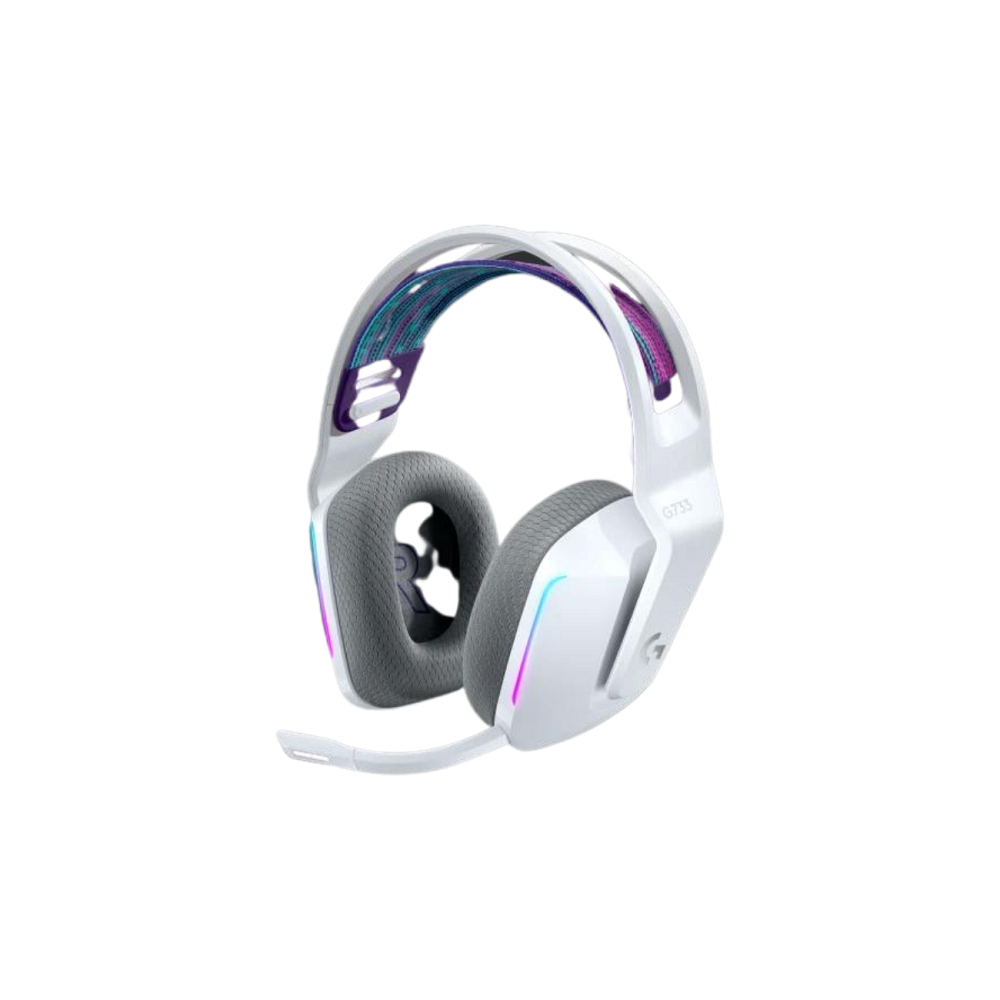
Important Considerations for Choosing the Right Headset
Application Matters
When deciding between wired and wireless headsets, think about how you intend to use them. If you plan to use your headset primarily at home or in a controlled environment, a wired headset might be preferable. For activities like gaming, video calls, or extended music listening, the reliability and sound quality of wired headsets can offer a more satisfying experience. Conversely, if you’re always on the move, commuting, or working out, wireless headsets may prove to be more practical and comfortable. Take the time to reflect on your daily activities, as they will heavily influence your choice of headset.
Audio Quality Preferences
Consider your audio quality preferences as well. Wired headsets often deliver superior sound fidelity due to their direct connection. If you’re an audiophile who values high-quality audio, choosing a wired headset will likely cater to your needs better. Many wired models also come equipped with larger drivers that can produce a more expansive sound stage, allowing for a richer listening experience. Wireless technology has improved significantly in recent years, but avid listeners may find that wired options still outperform them when it comes to depth and detail. The most discerning listeners can easily tell the difference in sound quality, making wired headsets a strong choice for those who prioritize audio fidelity.
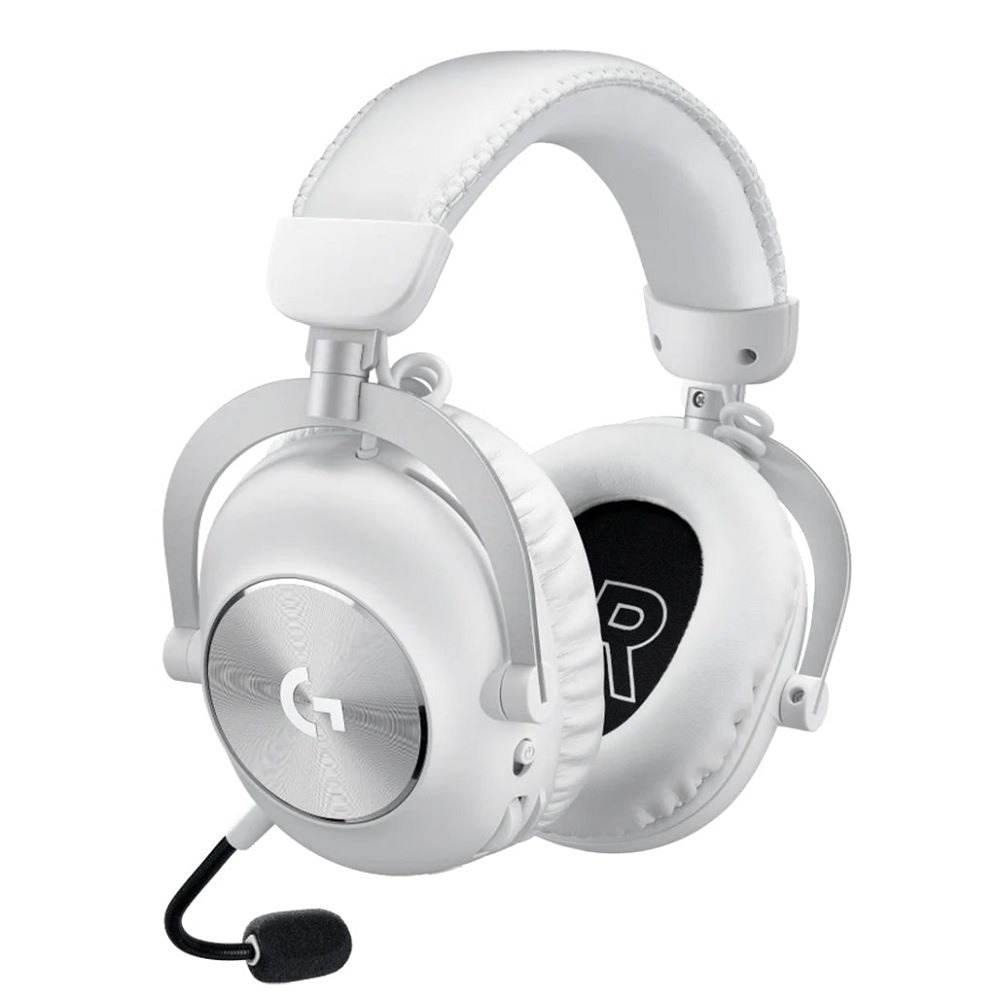
Price and Budget Considerations
Cost vs. Features
Price can be another significant factor when choosing between wired and wireless headsets. Generally, wired headsets tend to be less expensive than their wireless counterparts, especially if you’re looking at entry-level models. However, if you’re interested in premium wireless options with advanced features like active noise cancellation or app integration, the price difference can narrow. While it’s tempting to go for the cheaper option, consider what features you truly need. Investing in a quality headset can save you money in the long run if it lasts longer and performs better than cheaper alternatives.
Longevity and Investment
It’s essential to weigh the upfront cost against the longevity you expect from the headset. While a wired headset might have a lower initial price, consider how long it will last without requiring replacement. On the other hand, a more expensive wireless model may provide additional perks, such as longer battery life or enhanced comfort, making it a wiser investment over time. Always assess the warranty and customer service offered by the brand, as reliable support can also contribute to your long-term satisfaction.
Personal Preferences and Lifestyle Choices
Comfort and Fit
Comfort is a critical factor to consider when choosing your headset. Different models come with various materials and designs that affect their fit. Wireless headsets might offer a lighter design without the weight of a cable, while wired headsets might have a more substantial construction for better sound isolation. Trying on various models and paying attention to how they feel during extended use is crucial for your overall satisfaction. Consider factors like ear cup size, padding, and adjustability to find a headset that fits comfortably for long periods.
Your Active Lifestyle
Reflect on your lifestyle and habits. If you often find yourself bouncing between locations, engaging in physical activities, or multitasking during your listening sessions, wireless headsets may serve you better. On the other hand, if you primarily listen to music or play games in a fixed location, a wired option could cater to your needs more effectively. Ultimately, your decision should align with how you plan to use the headset and what you value most—convenience or reliability. Taking time to evaluate these considerations ensures you make an informed decision that enhances your daily life.
Making the Right Choice for You
Choosing between wireless and wired headsets ultimately comes down to your personal needs and preferences. Wireless headsets offer convenience, mobility, and modern features, making them ideal for users who prioritize flexibility and ease of use. On the other hand, wired headsets provide reliable audio quality and don’t require charging, which can be a significant benefit for long usage sessions.
By considering factors such as your intended use, audio quality preferences, budget, comfort, and lifestyle, you can make an informed decision that enhances your listening experience. Whether you opt for wireless or wired, choosing the right headset will enrich your engagement with music, gaming, calls, or other audio experiences. With careful thought and consideration, you’ll find the perfect headset that meets your unique requirements and brings you joy for years to come. The right choice can transform your audio experience and cater to your lifestyle, ensuring you enjoy every moment of your favorite sounds.
